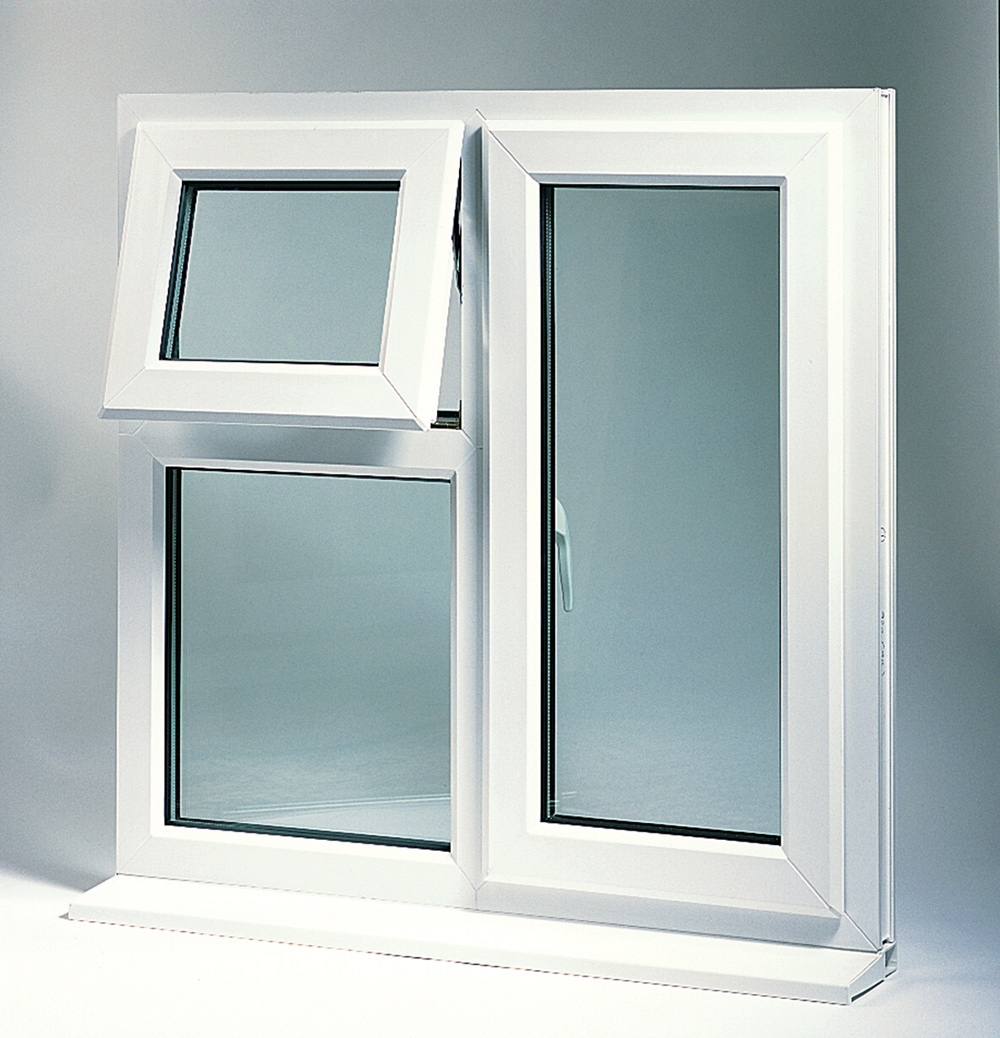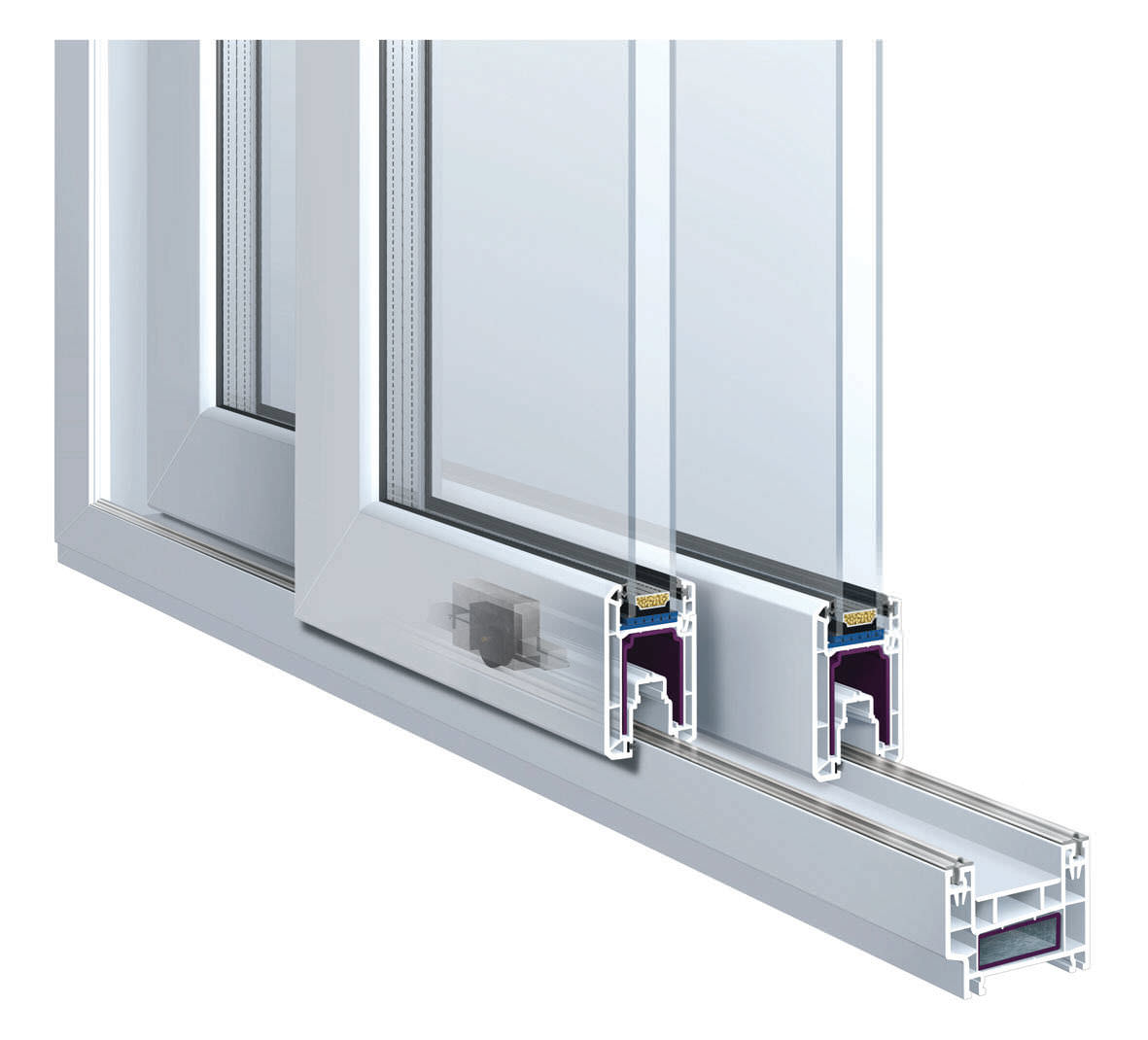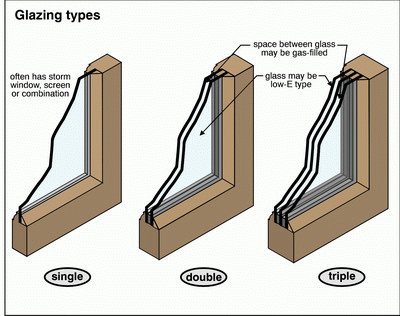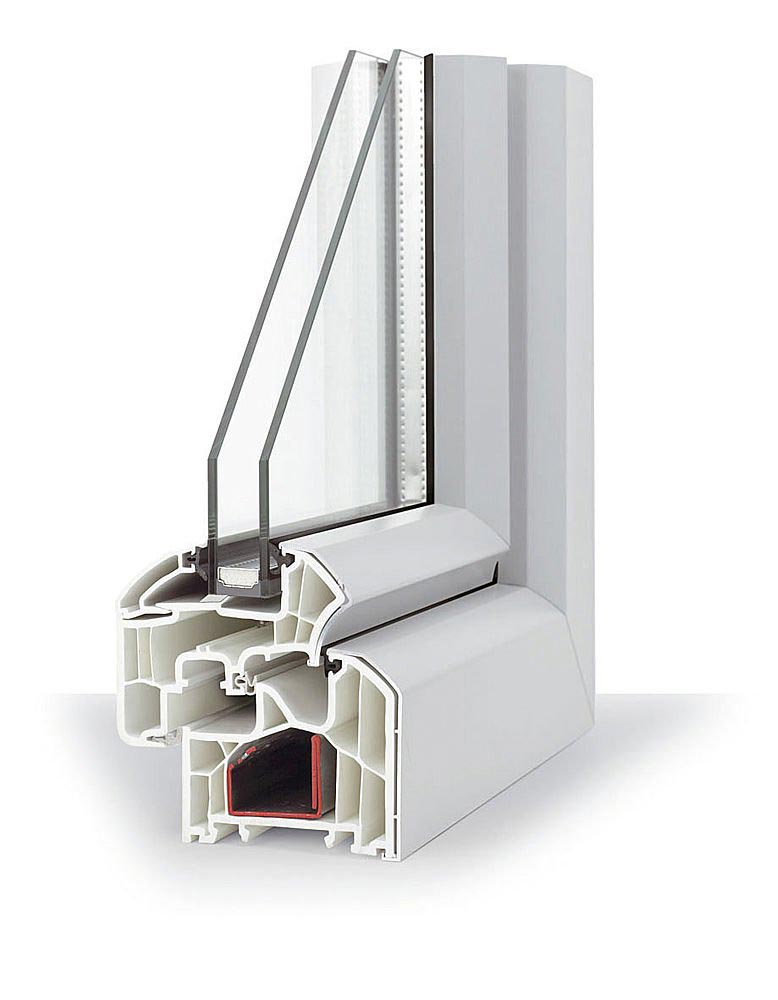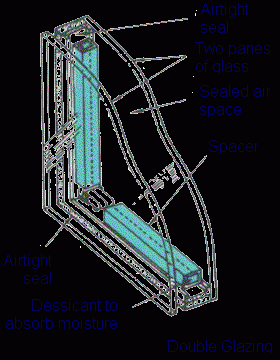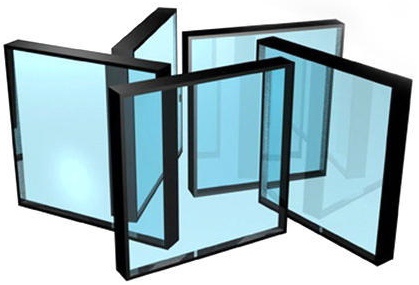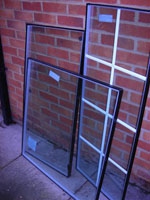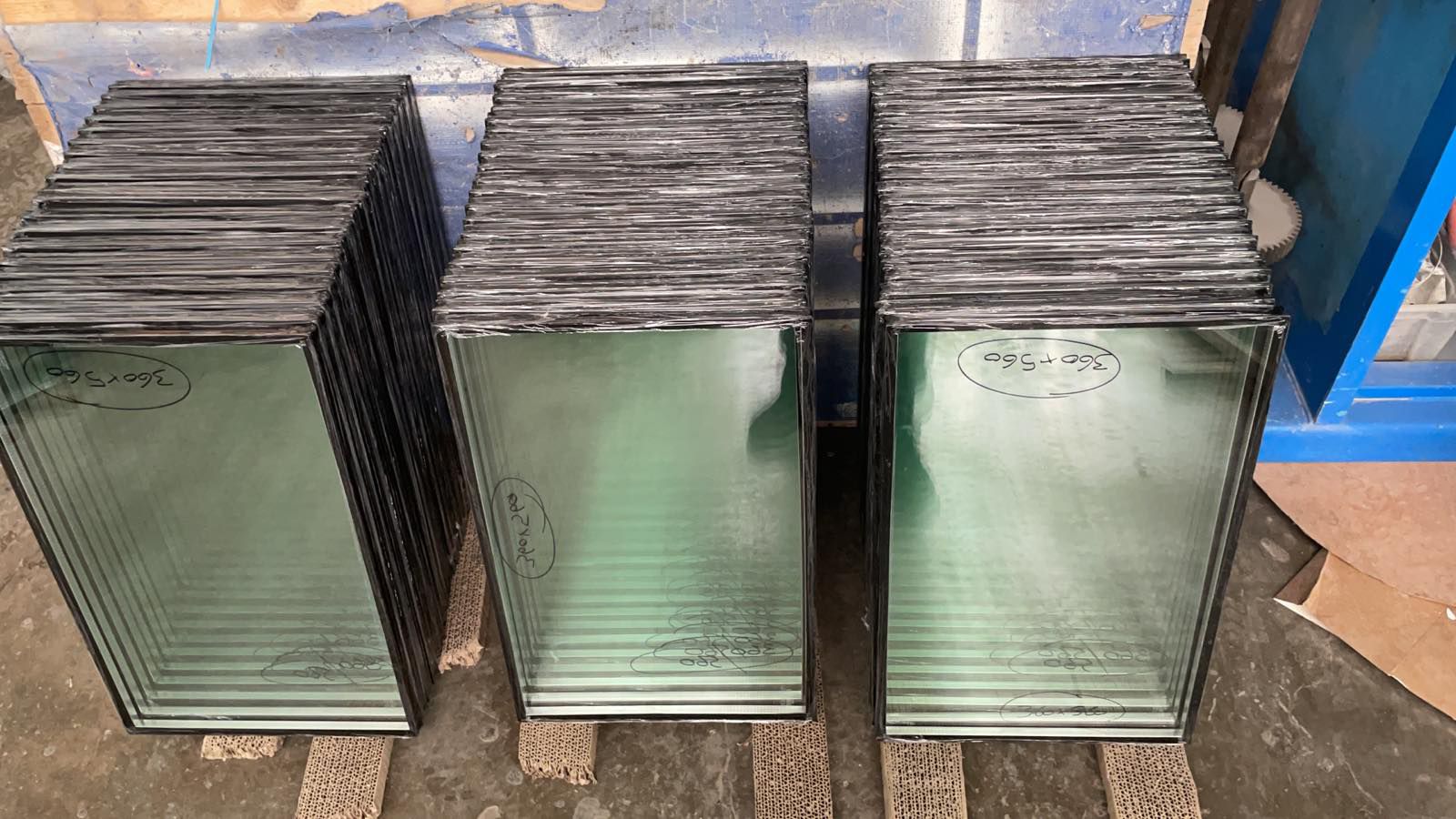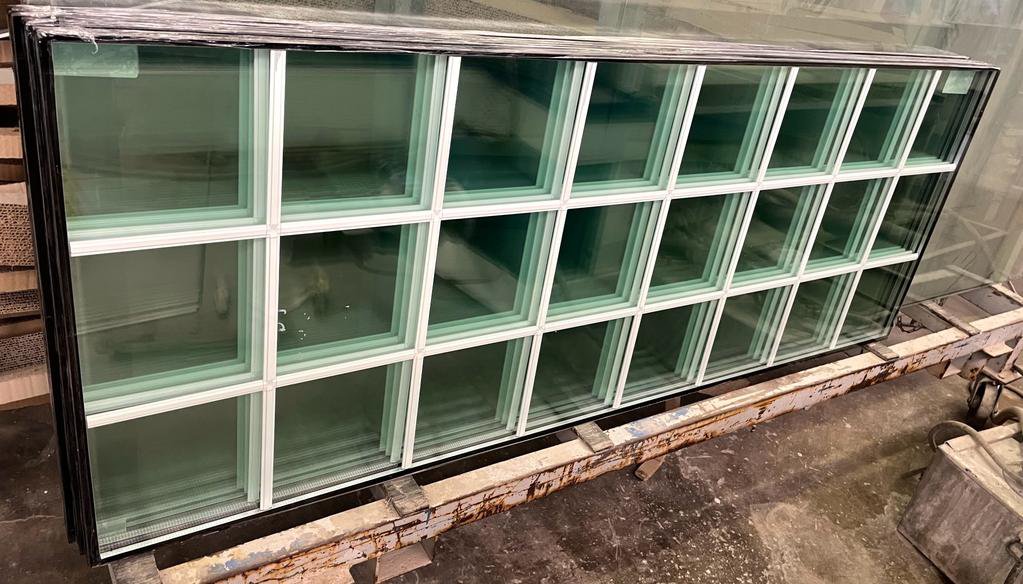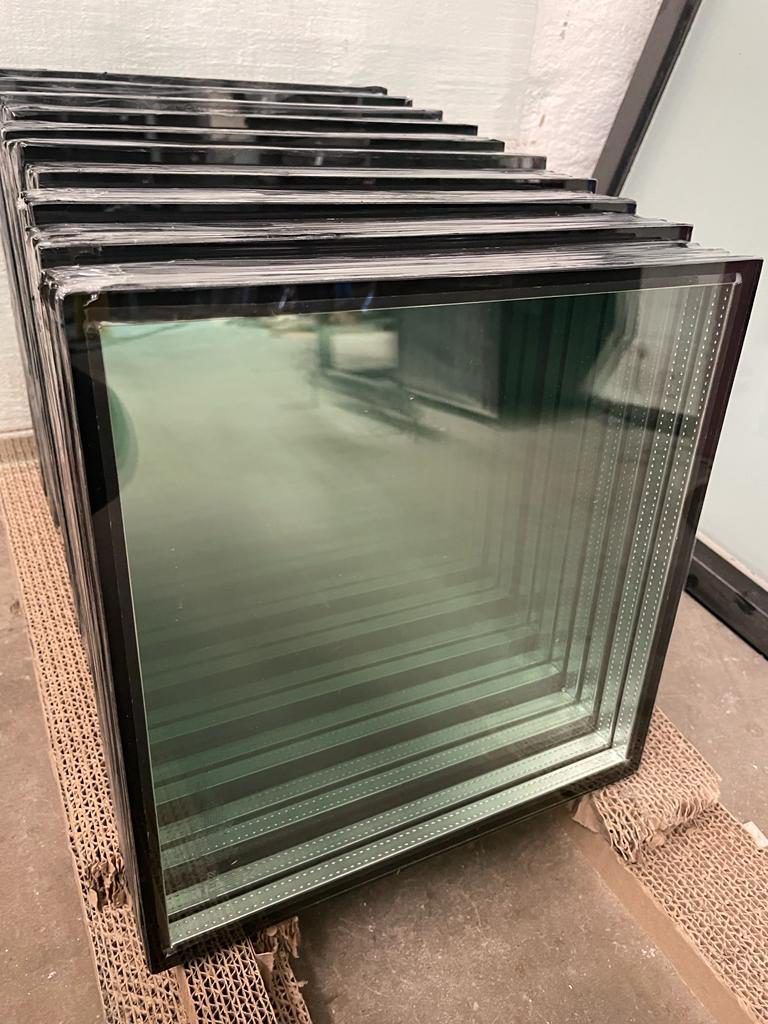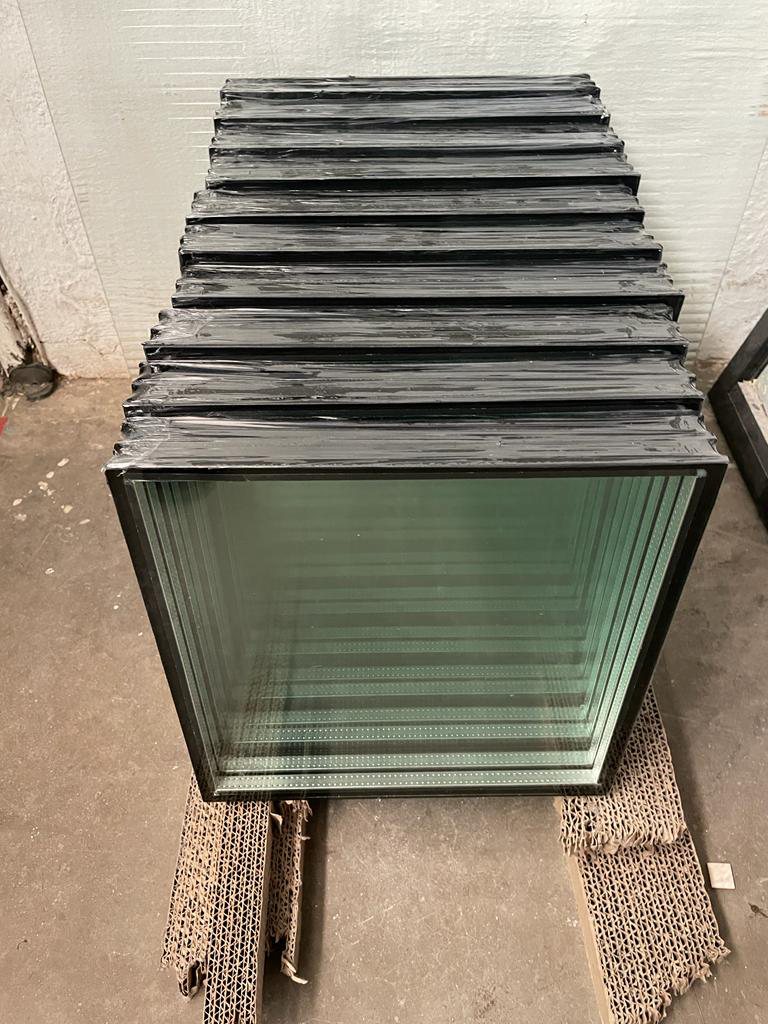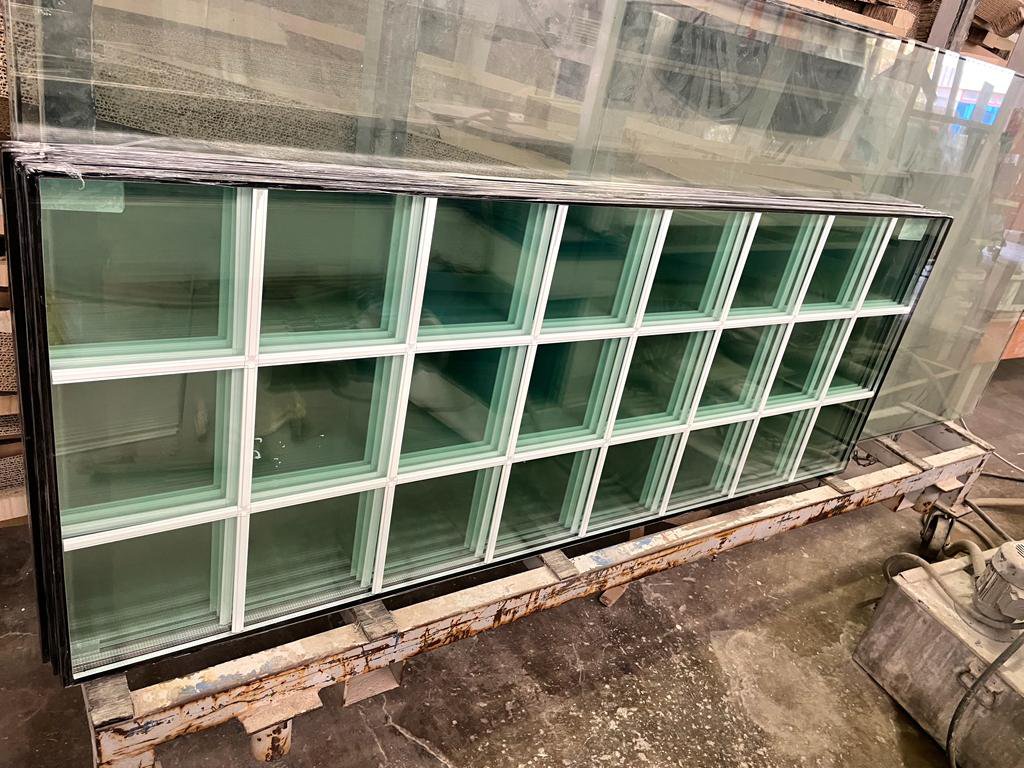What is double glazing?
A double-glazed window uses two panes, separated by a gap which is filled with air or an insulating gas such as argon. It is also known as an Insulating Glass Unit (IGU).
Although gaps can vary between 6 and 12mm, a 12mm gap is assumed in most R value calculations.
You can vary the glass you use for the two panes in a double glazing unit, and you can choose two different types of glass for each pane.
If you are retrofitting double glazing to your existing windows, there are three main options:replacing the whole window frame with new frames and glass
- installing inserts into your existing window frames this is a cheaper option if your window frames are still in good condition
- installing secondary glazing.
How effective is double glazing?
Double glazing can make a big difference to comfort levels in your home. Combined with insulation in the walls, ceiling and floor, double glazing your windows and doors will help keep temperatures stable and reduce heating and cooling costs.
By double glazing a window with clear glass, you can halve the heat loss compared to a single-glazed window of the same size and shape. You can reduce the heat loss further by using different glass types (such as low-E glass) or by choosing units which use argon gas to fill the space between the two panes of glass.
This table compares the performance of some glass and frame options.
|
Single glazing |
Standard double glazing |
Double glazing with low-E glass |
Double glazing with low-E glass plus argon gas |
|
| Aluminium frames | R0.15 | R0.25 | R0.31 | R0.32 |
| Thermally broken aluminium frames | R0.17 | R0.31 | R0.39 | R0.41 |
| Timber / uPVC | R0.19 | R0.36 | R0.47 | R0.50 |
Double glazing also helps to reduce condensation by keeping the house warmer.
Double glazing and noise reduction
Double glazing can also help to reduce noise levels, particularly in the medium to high frequency range (including voices). However, double glazing on its own won’t filter out loud or low-frequency noise such as that from traffic.
More effective noise reduction can be achieved by using thicker glass or by using laminated glass (some laminated glass comes with a thick acoustic inter-layer). The gap between the panes can also be increased for more effective noise insulation, but this reduces the effectiveness of double glazing as a heat insulator.
Request a Quote:




